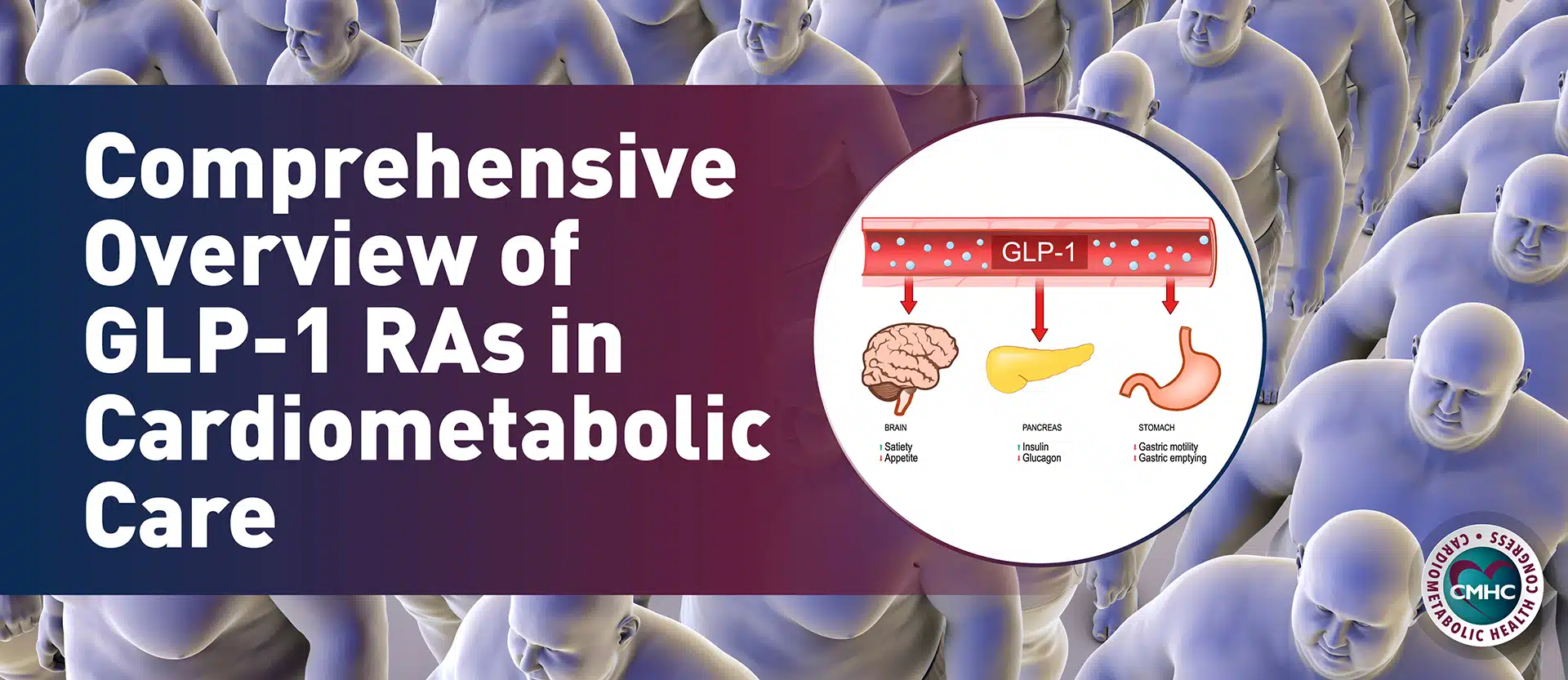There have been myriad studies investigating the possible connections between cardiometabolic conditions and neurodegeneration. Considering heart disease and neurological disorders are the leading causes of death in both the U.S. and globally, understanding the critical link between the two diseases is vital for clinicians in order to prevent a fatal combination.
A systematic analysis of the Global Burden of Disease study showed that in 2017 the three most burdensome neurological disorders in the U.S. were Alzheimer’s disease and other dementias, stroke and migraine. Cardiometabolic conditions like diabetes, chronic kidney disease, and contributing factors like nutrition, physical activity, and weight status are some of the leading chronic diseases in the U.S.
A confirmed link between cardiometabolic conditions and neurological disorders
Because both neurological and cardiometabolic conditions are prevalent, especially in aging populations, it is not surprising that many patients will experience comorbid diseases. For instance, a patient with type 2 diabetes may go on to develop dementia. But are there specific links between cardiometabolic conditions and neurological disorders that would allow clinicians to better manage their patients? A study published in The Lancet last year found that cardiometabolic multimorbidity was independently associated with the risk of dementia and extensive brain imaging differences to a greater extent than was genetic risk.
New evidence connecting dementia and cardiometabolic risk
A new study from the University of Surrey researched how different clusters of cardiometabolic conditions are associated with the risk of developing dementia in older adults across England, the U.S. and China. The study analyzed data from 18,500 participants aged 50 and older and found that those from England and the U.S. with multiple cardiometabolic conditions (including low high-density lipoprotein cholesterol, central obesity, hypertension, diabetes, and high blood glucose) had a higher risk of developing dementia. Similarly, the researchers found that participants from China had a higher probability of developing dementia if they had obesity and hypertension.
Putting the evidence into practice
While results are preliminary in terms of concrete patient recommendations, the study is the first of its kind to analyze particular cardiometabolic conditions and their potential link to specific neurological disorders. What’s more, the study has demonstrated that social determinants of health are critical factors that affect a wide range of health functions, and quality of life outcomes and risks, which should be taken into consideration while diagnosing and treating patients.
Resources:
- https://www.cdc.gov/nchs/fastats/leading-causes-of-death.htm
- https://www.who.int/news-room/fact-sheets/detail/the-top-10-causes-of-death
- https://jamanetwork.com/journals/jamaneurology/fullarticle/2772579
- https://www.ncbi.nlm.nih.gov/pmc/articles/PMC5876976/
- https://www.news-medical.net/news/20230124/Study-explores-how-different-clusters-of-cardiometabolic-conditions-increase-dementia-risk-in-older-adults.aspx
- https://health.gov/healthypeople/priority-areas/social-determinants-health
- https://www.thelancet.com/journals/lanhl/article/PIIS2666-7568(22)00117-9/fulltext
















